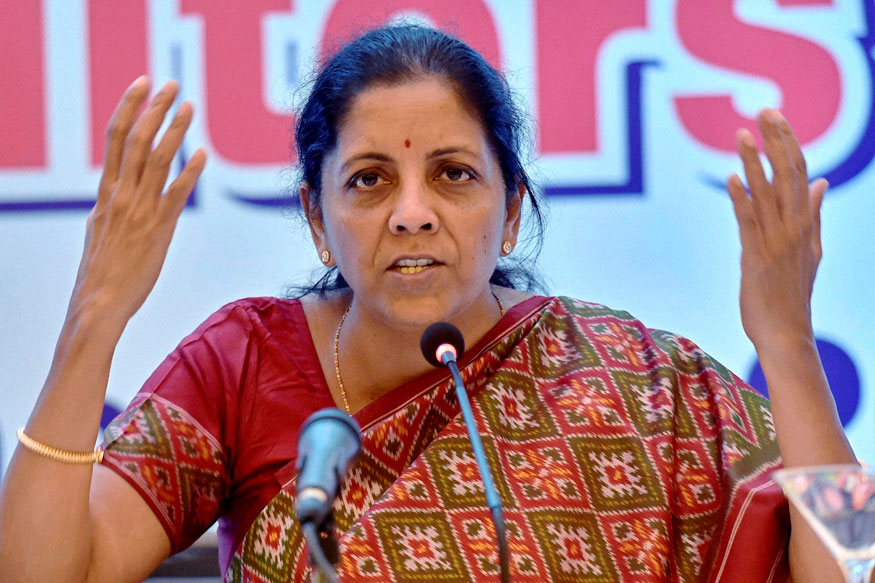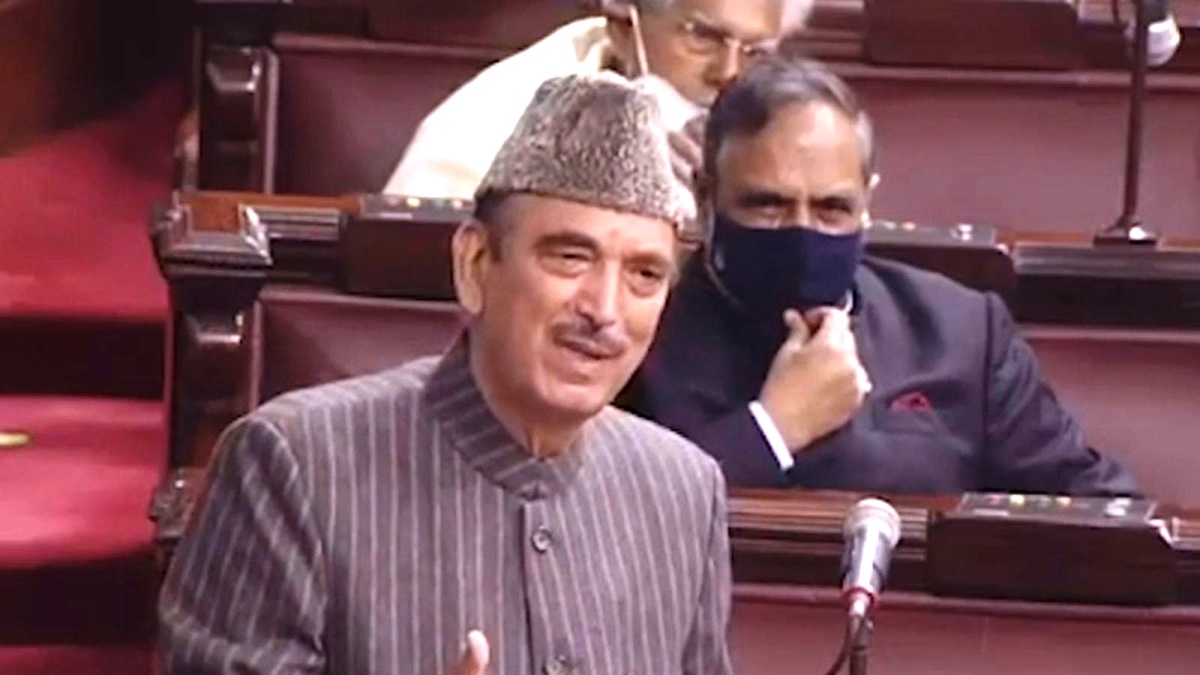This cable, leaked by the whistle-blower website Wikileaks, is a detailed account of the concern that Delhi has on Kashmir. It also offers an idea of how Delhi reacted to visiting UK foreign minister David Miliband’s statements on Kashmir. It is indexed as 09NEWDELHI118 and was drafted and sent by US diplomat Steven White on January 20, 2009

SUBJECT: FIERCE INDIAN REACTION TO MILIBAND’S KASHMIR
- (C) Summary: British Foreign Secretary Miliband’s visit to India January 14-16 was a public relations disaster after his comments linking the Mumbai attacks to the Kashmir conflict made headlines. Miliband was widely criticized by the media and was the victim of pointed remarks by Indian officials.
The MEA took the unusual steps of blasting him while he was still in-country and then skewering him on his “immaturity” on background. Given the fierce Indian reaction to his visit, we doubt Miliband will be welcome back to India anytime soon.
End Summary.
- (C) Comment: It is not clear whether Miliband’s public comments on Kashmir were deliberately designed to provoke the Indian government or were an unintentional result of poor staffing. In any event, they were universally condemned by Indians of all political persuasions. The fierce Indian reaction serves as a reminder of the Indian sensitivity to any international interference in Kashmir. They also demonstrate that public statements on Kashmir by the international community, however well-intentioned, can be counterproductive.
End Comment.
Breaking an Indian Taboo: Interfering in Kashmir
- (C) British Foreign Secretary David Miliband visited India January 14-16, meeting with Prime Minister Manmohan Singh, Foreign Minister Pranab Mukherjee, National Security Advisor M.K. Narayanan, Home Minister P. Chidambaram, and senior opposition leader L.K. Advani. Miliband also visited Mumbai where he gave a speech on counterterrorism at the Taj Mahal Hotel. He traveled to rural Amethi with Rahul Gandhi where he spent the night in an impoverished woman’s home in an effort to gain better insight into the social and economic challenges existing in most parts of India.
- (C) However, Miliband’s trip will be remembered primarily for stirring the hornet’s nest on the issue of Kashmir, as both his private and public comments suggested India needed to resolve the conflict. According to British High Commission PolOff Victoria Whitford, Miliband had tried to raise Afghanistan and Kashmir issues during separate meetings, identifying them as issues that needed to be tackled and that if resolved, would be steps toward a more effective peace process. In an interview with The Guardian newspaper on January 15, Miliband was quoted as saying “resolution of the dispute over Kashmir would help deny extremists in the region one of their main calls to arms, and allow Pakistani authorities to focus more effectively on tackling the threat on their western borders.”
Officials, Media, Pounce on Miliband

(C) His comments were blasted by Indian officials and the media. According to Whitford, PM Singh responded that “bringing Kashmir into this would be regarded as an unfriendly act”. A day after Miliband’s comments, Ministry of External Affairs (MEA) Spokesperson issued a strong statement: “Mr. Miliband is entitled to his views, which are clearly his own and are evolving. India is a free country and, even if we do not share his views, he is free to express them. However, we do not need unsolicited advice on internal issues in India like Jammu and Kashmir.”
- (SBU) The MEA spokesman’s comments were mild compared to the personal attacks that followed by GOI officials speaking on background to the major Indian dailies. The Hindu reported that senior Indian officials attacked Miliband for the “aggressive” manner with which he conducted himself during meetings with Mukherjee and Singh, in addition to his having drawn a link between the Mumbai attacks and Kashmir. One official commented that “he is a young man and I guess this is the way he thinks diplomacy is conducted.” The Indian Express on 18 January characterized Miliband as being “ignorant of diplomatese”, criticizing him for putting his hands on Mukherjee’s shoulders as they walked together, and quoting another source as having said “The British Foreign Secretary is in his 40s, looks like he is in his 30s, and behaves as if he is in his 20s.”
- (U) On 20 January, one of India’s most widely circulated dailies, The Hindu, published an editorial which said Miliband’s visit was an “ill-conceived foray” and criticized his having linked the Mumbai attacks with the Kashmir conflict, saying “such ham-handedness plays into the hands of those who are in denial and rationalize violent extremism by finding ‘just’ causes for it,” while another op-ed in The Asian Age said that “such appeasement of terrorism is startling.” The Pioneer accused Miliband of “domestic grandstanding and ideological posturing,” and most Indian newspapers quoted officials as criticizing Miliband’s “aggressive” and “immature” attitude during his meetings.
- (U) Jammu & Kashmir Chief, Omar Abdullah, with whom Miliband met during his visit to India, said he disagreed with Miliband’s statement: “Kashmir is not the only irritant to India-Pakistan relations, there are several other areas of disagreement,” said Abdullah, according to Times of India newspaper.
Political Parties Jump on Miliband
- (SBU) The ruling Congress Party spokesman, according to AFP, reacted to Miliband’s comments by saying “there is no linkage between Kashmir and the terror India has been facing emanating from Pakistan,” and then more directly attacked Miliband when he said “the bureaucracy in the British foreign office should have educated him a little bit on the facts”.
The main opposition Bharatiya Janata Party described the visit as a “diplomatic disaster”.
A Visit Overshadowed
- (C) Due to all the attention on Miliband’s Kashmir comments, some of the other items on his agenda were given much less attention than anticipated. Miliband made a visit to Amethi for what should have been a wonderful photo op of him in India’s heartland, only to have awkward photos of him in a mud hut side by side with headlines criticizing his Kashmir comments. Other events, such as his speech at the Taj Mahal Hotel in Mumbai on 14 January during which he focused on counter-terrorism, received relatively little play in comparison to the Kashmir remarks. (Note: More details on the Mumbai portion of Miliband’s visit reported septel.)
The atmosphere for Miliband’s visit was so clouded by Kashmir that otherwise innocuous comments on Britain’s friendship with Pakistan and Iran’s nuclear program drew surprisingly harsh criticism.
WHITE















